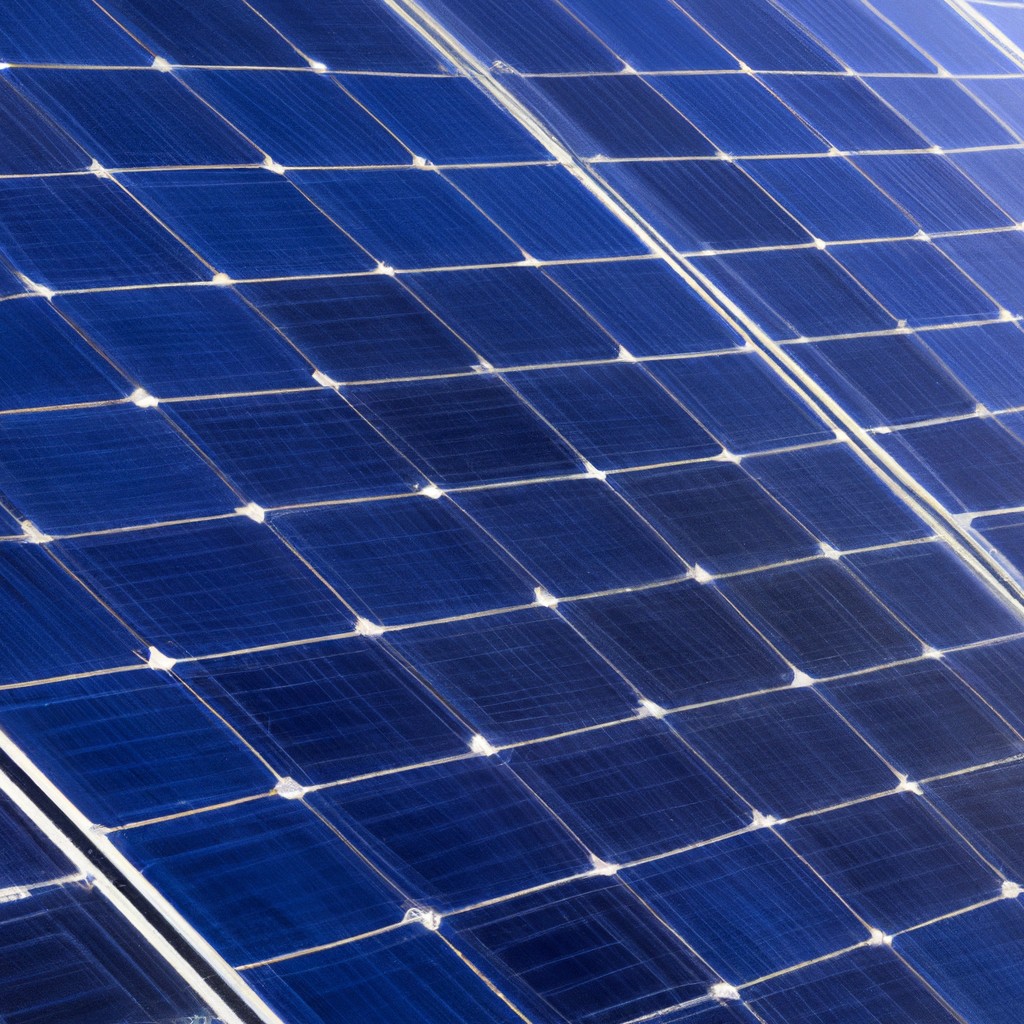This article explains why your electric bill might still be high despite having solar panels installed at your home.
Key takeaways:
- Energy consumption patterns may have changed, leading to higher bills.
- External factors like weather, shade, and panel aging can affect solar energy production.
- Incorrect system sizing and installation can hinder efficiency.
- Regular maintenance and upgrading to energy-efficient appliances can help reduce bills.
- Monitoring energy production and usage can optimize solar benefits.
Have Your Energy Consumption Patterns Changed?

It’s possible that more devices are running in your home than before. Increased television use, more frequent use of heating or cooling systems, and added home appliances can quietly elevate your energy needs.
Consider how often gadgets are left on standby. It might seem minor, but devices in standby mode continuously draw power — a phenomenon known as ‘phantom load.’
Reevaluate your home’s energy consumption during different parts of the day. Are you using more power in the evenings when solar energy production is lower? If so, this mismatch can lead you to draw more from the grid, thereby increasing your bill.
Calculating the total power usage of new gadgets or changes in usage patterns can help you understand if these are contributing to higher electric bills despite having solar panels installed.
External Factors That May Cause a Decrease in Solar Energy Production
Weather plays a significant role in solar power generation. Prolonged periods of cloudy or rainy days can greatly diminish the amount of sunlight hitting your panels, reducing their output. Seasonal changes also impact solar efficiency; shorter days in winter mean less sunlight, which translates to lower energy production.
Nearby trees or buildings casting shadows over your solar panels can also obstruct sunlight. Even a small amount of shade on part of a panel can substantially decrease its overall energy production.
Dust, dirt, and other debris that accumulate on the surface of solar panels can block sunlight. Regular cleaning is essential to maintain optimal performance; even a thin layer of dust can reduce your system’s effectiveness.
Finally, consider the aging of solar panels. Over time, the efficiency of solar panels naturally decreases. While this process is gradual, older panels won’t produce as much electricity as they did when new.
Factors That Could Affect Solar Panel Efficiency
Several elements can significantly impact the efficiency of your solar panels. First, shade from nearby trees or buildings drastically reduces the amount of sunlight reaching your panels, weakening their performance. Regular cleaning is crucial as dirt, leaves, and other debris can obscure the solar cells.
Weather plays a role as well. While solar panels are designed to withstand various conditions, extreme weather like hail or heavy snow can cause physical damage that lowers efficiency. Temperature influences solar output too; high temperatures can reduce the energy production capabilities of your panels.
Additionally, the age of your solar panels affects their effectiveness, as the efficiency of solar panels typically declines over time due to wear and tear from constant exposure to the elements.
Inaccurate System Sizing and Installation
If a solar panel system is not sized correctly for your home, it may not generate enough power to meet your energy needs. This issue often stems from not accurately estimating the household’s total energy consumption or potential future increases. Additionally, improper installation can hinder the system’s efficiency. For example:
- Panels facing the wrong direction won’t capture maximum sunlight.
- Shading from trees or buildings can drastically reduce output.
- Inadequate wiring or connections may lead to energy loss.
To address these issues, consider consulting with a professional to review your system’s design and setup. They can conduct an energy audit to pinpoint inefficiencies and recommend practical solutions to optimize your solar energy output.
Ways to Reduce Electric Bills With Solar Panels
Maximizing your solar panel system’s efficiency is pivotal in ensuring your electric bill stays low. Here are practical steps you can implement directly:
First, regular maintenance is key. Keep your solar panels clean from dust, leaves, and other debris that can block sunlight, hence diminishing their efficiency. Aim for cleaning every 6 months, or more often if you’re in a particularly dusty area.
Next, consider upgrading to a smart thermostat. This device adjusts your home’s heating and cooling systems based on your patterns, reducing the need for unnecessary energy consumption.
Also, reevaluate your home’s energy consumption. Replace old appliances with energy-efficient models, change to LED bulbs, and unplug devices when not in use.
Another potential solution is adding more panels. If your current setup isn’t covering your energy needs, additional panels could bridge the gap.
Finally, use a monitoring system to track your energy production and usage. This tool can help you understand your consumption patterns and adjust accordingly to maximize solar benefits.




